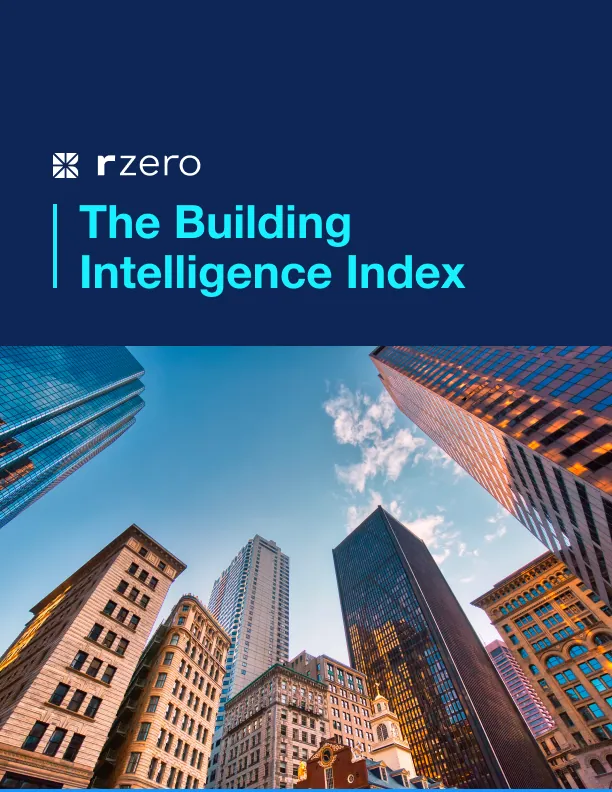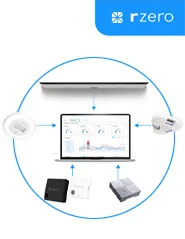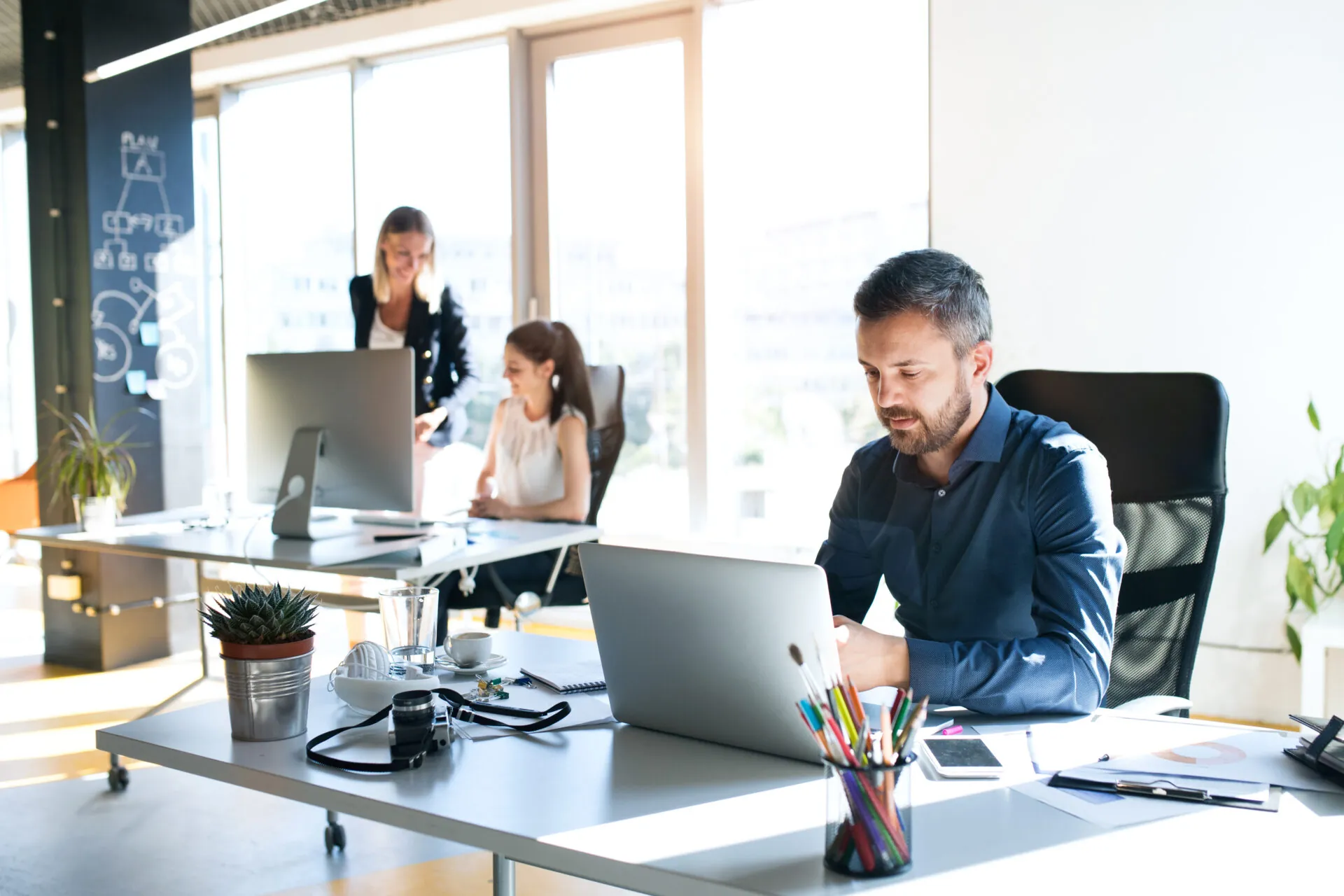
The evolution of workplace experience and design: 4 trends shaping the future of office spaces in 2024
As workplace standards evolve, office design must adapt to new expectations around hybrid work and sustainability. JLL’s recent U.S. and Canada Design Trends and Cost Guide highlights key shifts shaping the future of office spaces.
Workplace experience trend 1: Human-led design
Workspaces are being reimagined to support both collaborative and focused work. The emphasis is on creating environments that enhance the human experience through thoughtful integration of technology and responsive physical spaces. This approach aims to improve employee satisfaction and productivity by balancing the diverse needs of a hybrid workforce.
Workplace experience trend 2: Sustainable spaces
With increasing commitments to net zero targets, sustainable office design has become a priority. This involves using low-carbon materials and embracing circular economy principles to reduce waste and maximize resource efficiency. Despite higher initial costs, these eco-friendly practices offer long-term benefits and align with rising expectations for environmental responsibility.
Workplace experience trend 3: Complex cost considerations
Hybrid work environments necessitate advanced technology and multifunctional spaces, leading to more complex cost structures. Investments in virtual meeting technology and adaptable office layouts are essential to support both in-person and remote collaboration. While these upgrades involve significant capital expenditure, they are crucial for fostering a productive and engaged workforce.
Workplace experience trend 4: Stabilizing costs
After years of steep increases, fit-out costs have stabilized, with only a 2.7% year-over-year rise for moderate build-outs. This stability reflects efforts to manage material prices and contractor backlogs, providing a more predictable financial landscape for office design investments.
These trends underscore the importance of aligning office design with modern work practices and sustainability goals. By prioritizing human-centric and eco-friendly principles, businesses can create work environments that not only meet current demands but also drive long-term success. Investing in these transformative office designs will ultimately support employee wellbeing, enhance performance, and fulfill corporate sustainability commitments.
Use data to optimize your spaces for enhanced workplace experiences
Learn more about how to use R-Zero’s building intelligence solutions to boost workplace experience and create energy-saving opportunities tailored to your spaces via our Building Intelligence Index.
More posts you might like
-
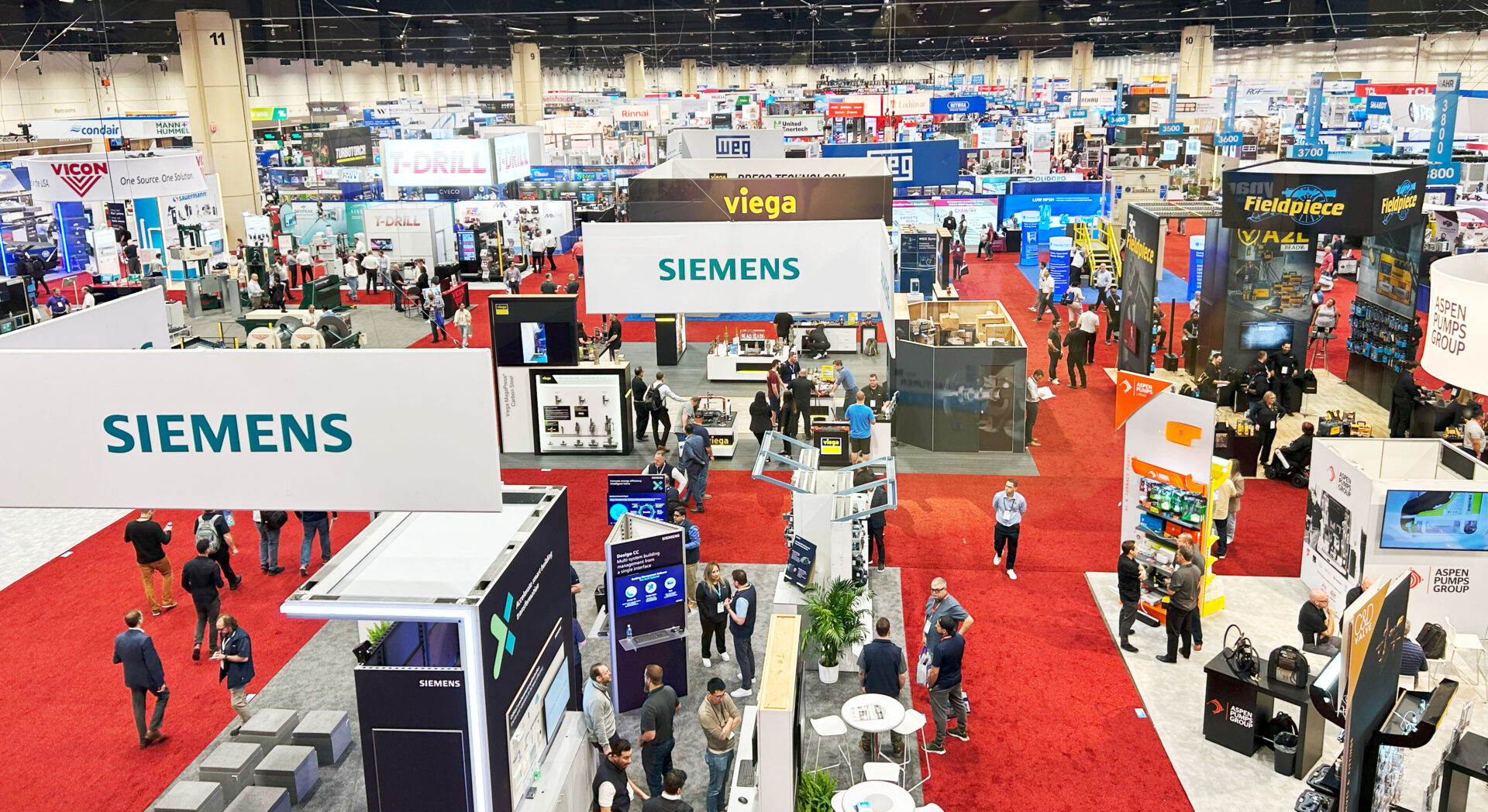
3 Key Takeaways from AHR Expo 2025: What’s Shaping the Future of HVAC
The 2025 AHR Expo brought together HVAC industry leaders, innovators, and professionals to showcase the latest advancements in heating, ventilation, and air conditioning. Here are the key insights that stood out from our team on the ground. 1. Smart Technology is Enhancing, Not Replacing, Traditional HVAC A significant shift observed at this year’s expo is […]
-
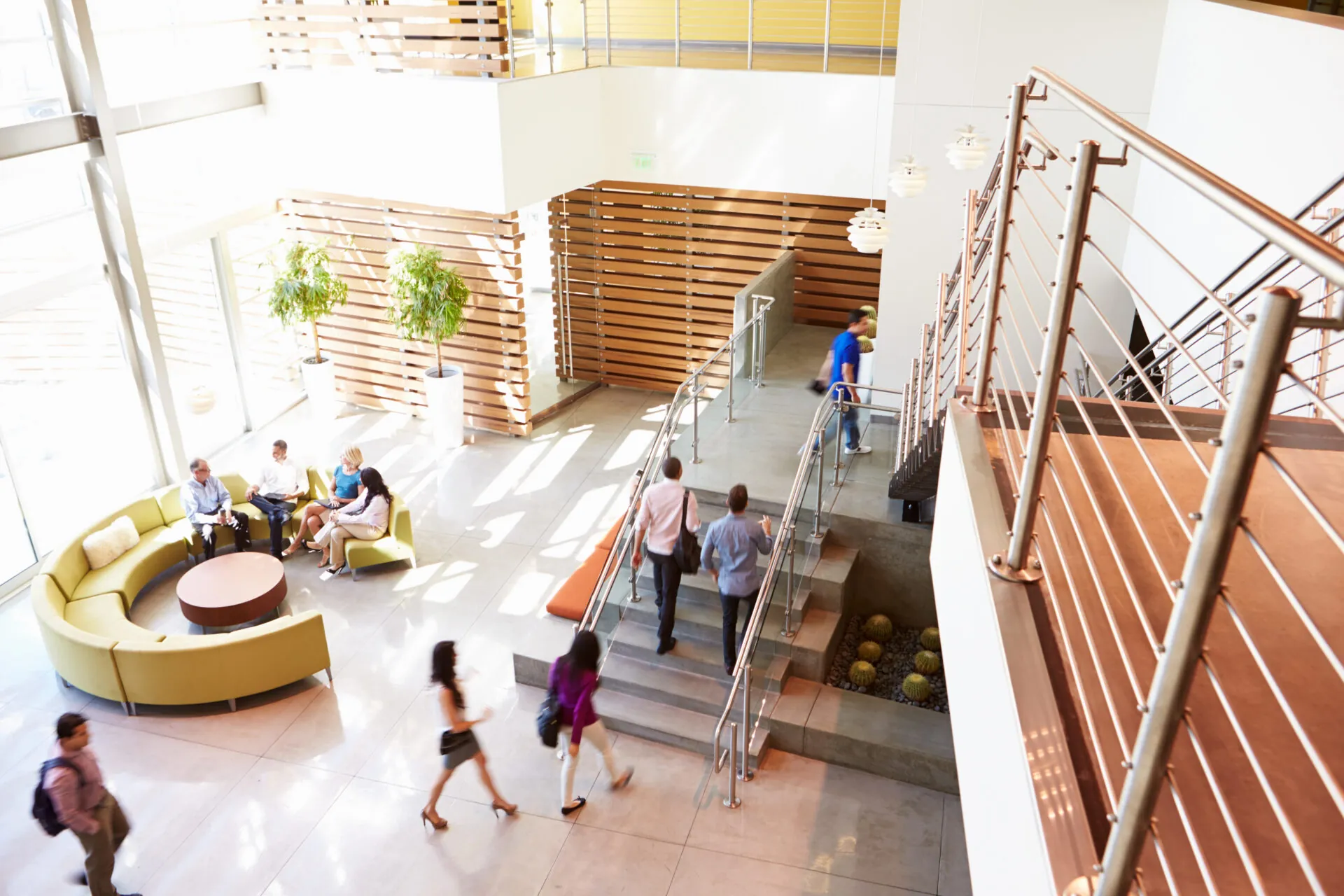
Webinar Recap: Redefining Energy Efficiency
As commercial energy costs continue to rise, building operators are looking for faster, cost-effective solutions to reduce waste and improve efficiency. Heating, Ventilation, and Air Conditioning (HVAC) systems account for nearly 60-70% of total building energy consumption, making them one of the largest opportunities for savings. However, traditional HVAC systems often operate on outdated schedules, […]
-

Wildfire Smoke: Understanding the Impact on Indoor Air Quality
As we face yet another intense wildfire season, with significant events already impacting regions across the country, the challenges to air quality, both outdoors and indoors, are more pressing than ever. Wildfires contribute up to 50% of “ultrafine” particles in the air; tiny pollutants that can travel hundreds of miles and infiltrate indoor spaces, affecting […]
